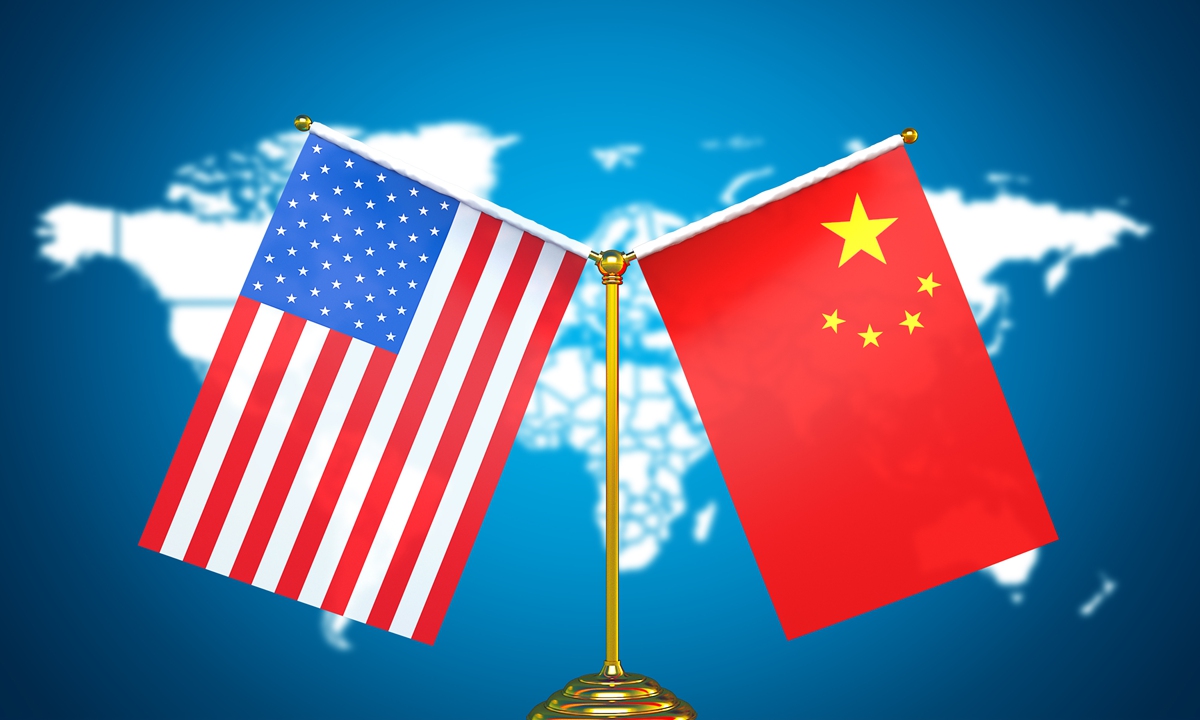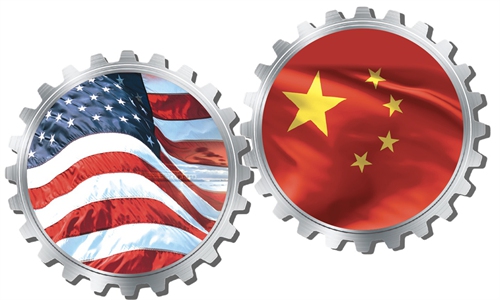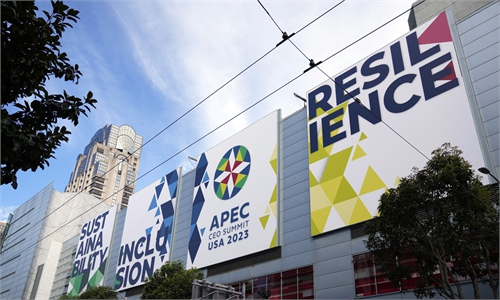What does the world strongly anticipate from the China-US summit in San Francisco?

China US Photo:VCG
The meeting between the Chinese and American heads of state will be held on Wednesday morning local time, which is early Thursday morning in Beijing. This will be the highlight of the week in San Francisco. Many American media outlets, when reporting on San Francisco's "cleanup," claimed that it was aimed at "preparing for the US-China summit and the APEC meetings." This is not surprising, as one of the important values of large international conferences is to create opportunities for bilateral meetings between leaders.The international community has high expectations for this China-US summit, as it is evident that there are problems in the China-US relationship, which has seriously affected the overall international relations landscape. The world's uncertainty is more severe than at any time since the end of the Cold War, and the prospects of the 21st century have been overshadowed. Stabilizing the China-US relationship has become a universal desire of the international community, and even the Biden administration has recognized its urgency. If we were to say that Washington has messed up the China-US relationship, they now have genuine concerns about how the situation will unfold. So, what are the expectations of the international community for the San Francisco meeting between the Chinese and US heads of state? The following are my personal thoughts, which I believe largely align with the general expectations of the international community.
Firstly, people hope that the China-US San Francisco summit will achieve in-depth strategic communication, clarify the nature of China-US relations as much as possible, and try to eliminate the most negative and extreme definitions of China-US relations by some individuals in both countries and internationally. It is important to objectively evaluate the impact of progress in this era on the relations between major powers and reach a consensus on shaping China-US relations that differ from the old era of great power competition and are oriented toward the future of humanity. Currently, all of humanity has such expectations for China and the US.
Secondly, an increasing number of people are concerned about potential military frictions between China and the US in the waters near China. They worry that due to the lack of political mutual trust between the two countries, there is strong resentment among the people toward each other, which may lead to an uncontrollable situation and eventually evolve into a large-scale military conflict. Such a scenario would be a nightmare for all of humanity. The China-US San Francisco summit should firmly eliminate the possibility of direct military frictions and conflicts between the two countries' militaries. To achieve this, in-depth communication and effective arrangements should be made to reassure Asia and the entire world.
Thirdly, the US should stop its "decoupling" strategy. Some American political elites are obsessed with creating this "weapon of destruction," but the result has been the breakthrough of China's chip technology. It is difficult to judge who won or lost in the last round of competition between China and the US, but many specific companies, including leading semiconductor companies in the US and its allies, have suffered huge losses. Additionally, the global supply chain has been disrupted, leading to a trend of repeated construction of low-end chip manufacturing capabilities. Presently, the global industrial community and capital market anticipate that the US should not persist with this approach. While no one believes that the US can truly impede China's technological progress, it is widely believed that the US' continued escalation of blockade policies will only result in greater losses and disorder worldwide.
Fourthly, the differences between China and the US in many areas cannot be eliminated, but it is important not to excessively focus on these differences and not let them become a major pain point in the overall relationship between the two countries. There is plenty of room to achieve this. Whether it is the Taiwan question or differences in human rights, they should not be turned into super explosive points in China-US relations. China and the US are among the top powers in the world, and one side cannot completely overpower the other. Therefore, it is necessary to avoid pushing the two major powers toward a showdown.
Fifthly, China and the US should restore the basic appearance and scale of people-to-people exchanges before the COVID-19 pandemic, and break down the barriers to personnel and goods exchanges that have gradually increased in recent years. There should be at least some noticeable actions taken. It is good to see news that the number of direct flights between the two countries has been restored to 70 flights per week, and the recovery speed is quite fast. However, there is still a long way to go compared to the previous 300 or more flights per week. Beijing and Washington should spare no effort to further restore people-to-people exchanges between the two countries, with the latter especially putting more effort into removing barriers.
The world not only eagerly anticipates the meeting between the leaders of China and the US to achieve as many results as possible, but also hopes that the outcomes of the meeting can be effectively implemented in future interactions between the two countries. It is important for China and the US to keep their promises and for the US not to undermine its commitments. It is well known that it is quite difficult for major powers to adjust their views of each other, and US policy toward China is deeply influenced by domestic politics. With the upcoming elections next year, the Biden administration will certainly be cautious of attacks from the Republican Party regarding China-related issues. However, if the China-US relationship further deteriorates, the Biden team may find themselves in a difficult position.
The China-US relationship is not just a trouble or a challenge, but also a huge mine of interests. Promoting stability in the China-US relationship will bring strategic certainty and constructive development for the well-being of both countries, which is inherently positive. Those who attempt to distort this positive development into something negative will find it difficult to convince the public. Like other parts of the international community, the majority of Americans and the Western public are not fools. Most people can distinguish whether the China-US relationship moving toward true stability is a good thing or a bad thing.
The author is a media professional. opinion@globaltimes.com.cn



